From learner to teacher – PharmTrain Fellows prepare for their own training courses
May 2025, Bonn Germany
It has been a busy first six months in 2025 for the GHPP PharmTrain team: assessors from the partner authorities in FDA Ghana, Zimbabwe (MCAZ), South Africa (SAHPRA) and Tanzania (TMDA) have already visited twice. In February and March, eight participants of the clinical fellowship came to the BfArM for a two-week workshop. This was followed in May by a three-week workshop for the ten fellows of the biosimilar programme.
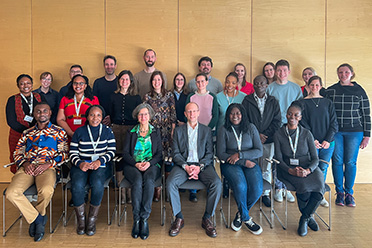
In February, the clinical fellows got straight down to work after the initial reunion. They focussed on the evaluation of pharmacodynamics, the risk-benefit ratio and the product information of medicinal products. A particular highlight was the visit by Prof Dr Michael Ramharter from the BNITM, who gave a presentation on Lassa fever and treatment studies in Nigeria. Experts from the BfArM provided insights into their areas of work. These included oncological and cardiovascular diseases, as well as a topic from biometrics. As the workshop coincided with the carnival season, the fellows were also invited to take part in the BfArM's carnival party – including a group costume with the entire department.
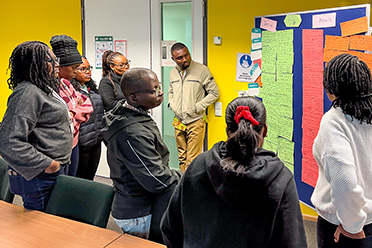
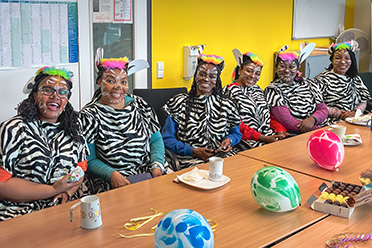
At the end of the two weeks, the fellows travelled home full of new knowledge. ‘I have gained more confidence as a clinical assessor,’ said one fellow happily. The hands-on training sessions, in which the fellows practised assessing dossiers with the help of experts from the BfArM, were particularly well received: ‘This helped me a lot to link the theory and the practical part,’ said one fellow.
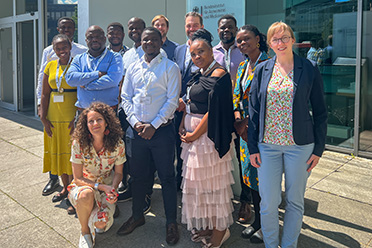
The next visit followed directly in May, this time from the fellows of the biosimilar programme. The focus here was on clinical and quality training, as well as the finalisation and piloting of the jointly developed training manual. Right at the beginning there was a meeting with Dr Martina Weise, former member of the CHMP and the Biosimilar Medicinal Products Working Party of the EMA, during which the role of clinical studies for the approval of biosimilars was discussed. Dr Alireza Khadem Broojerdi from the WHO was also received with great pleasure. He gave a presentation on the WHO's Regulatory System Strengthening Programme and then took plenty of time to talk to the fellows about their experiences. Finally, there was a visit from the Paul Ehrlich Institute: Dr Nils Jost gave a training session on monoclonal antibodies.
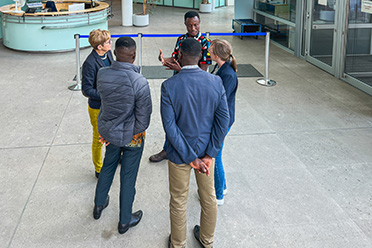
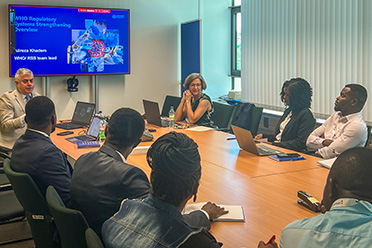
Exhausted, but proud of the finalisation of the quality part of the training manual, the fellows left after three weeks. "The fellowship has really helped to build the capacity of the assessors in the assessment of biotech products. The manual created can be used again and again for future generations – a structured transfer of knowledge," summarised one participant.
In both fellowships, special emphasis is placed on the train-the-trainer principle. The fellows receive didactic training and work together to develop a training manual. This enables them to give training courses themselves in order to pass on the knowledge they have learnt. Some of the fellows will soon have the opportunity to put their skills to the test: A clinical training workshop will be held in Kenya in June and a biosimilar workshop in South Africa in July. Here, some of the fellows will provide training for their African colleagues. It has been several years of hard work for the fellows, the experts and the PharmTrain team. Now everyone involved is overjoyed to see how the two programmes are beginning to bear fruit. Through the continued multiplication of knowledge, the fellowships will make a lasting contribution to improved drug regulation on the entire African continent.
